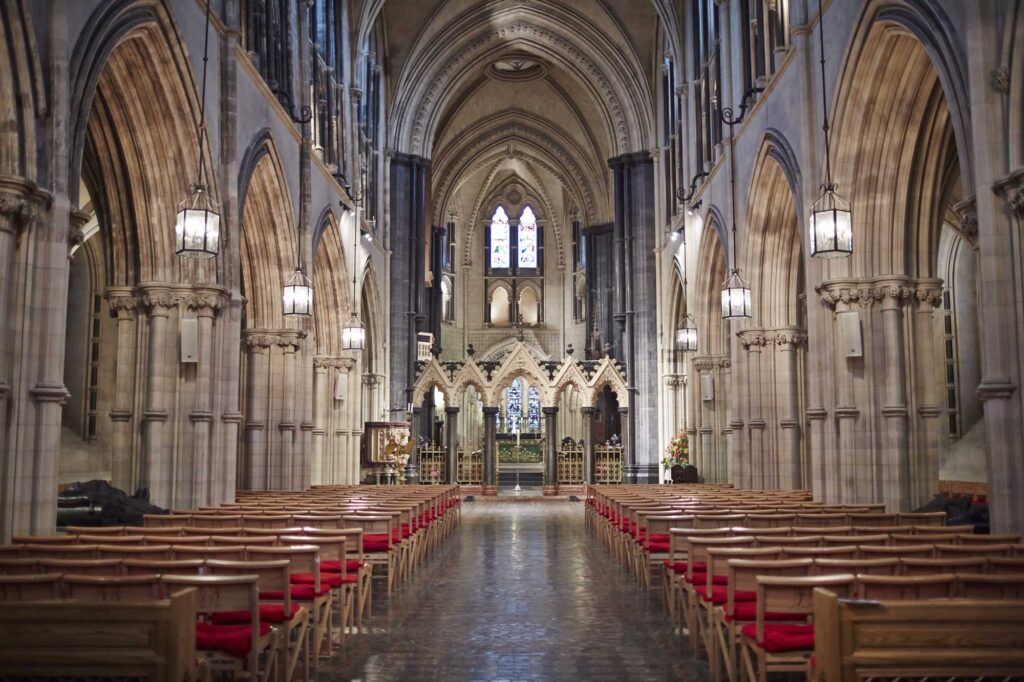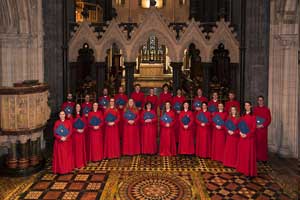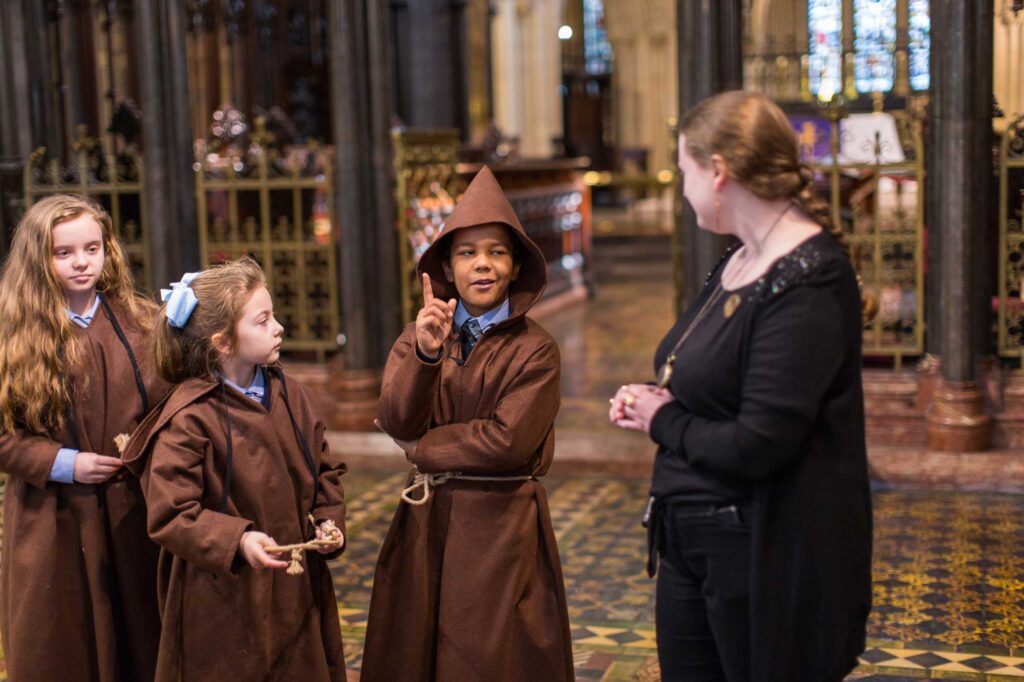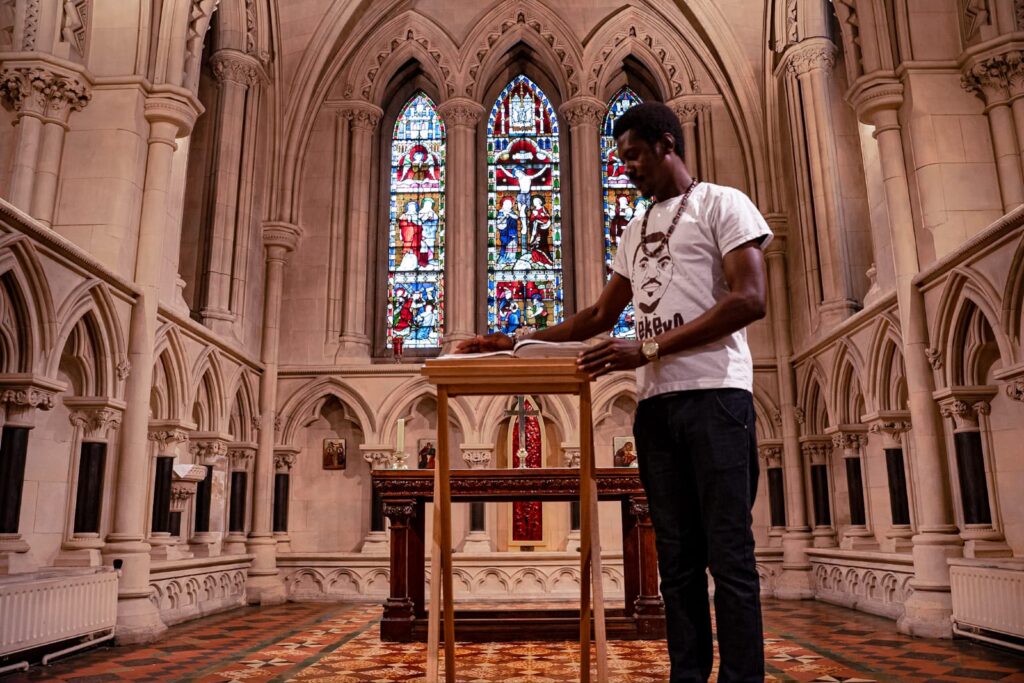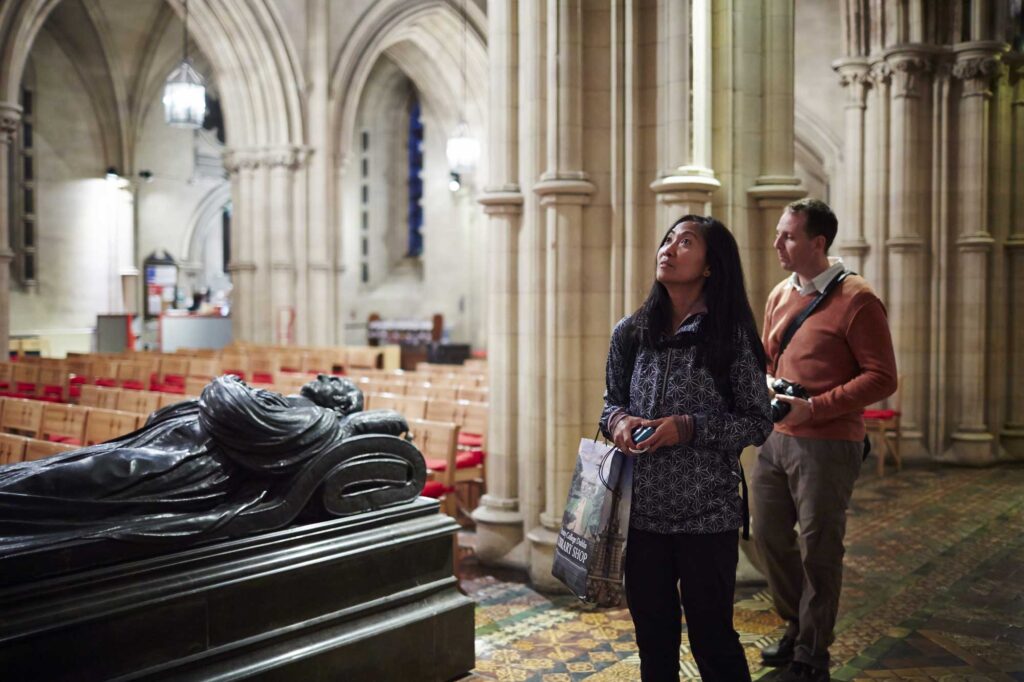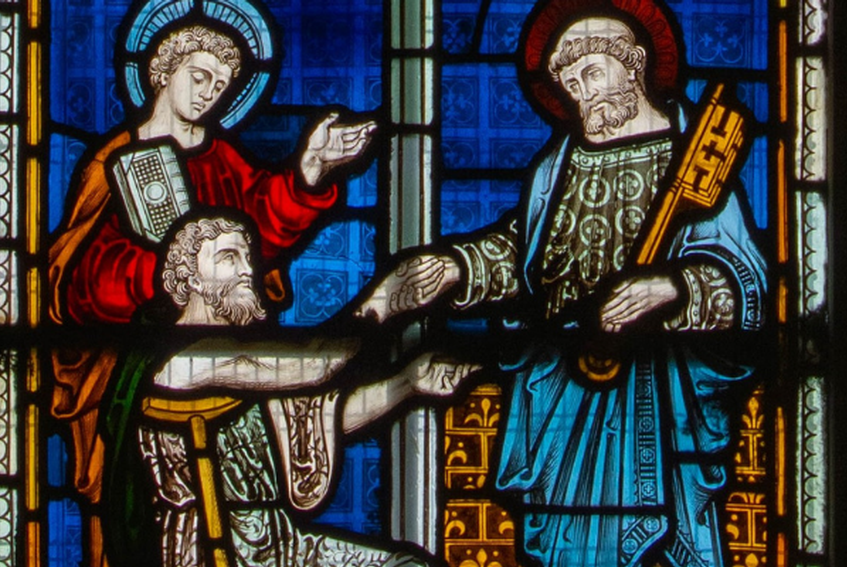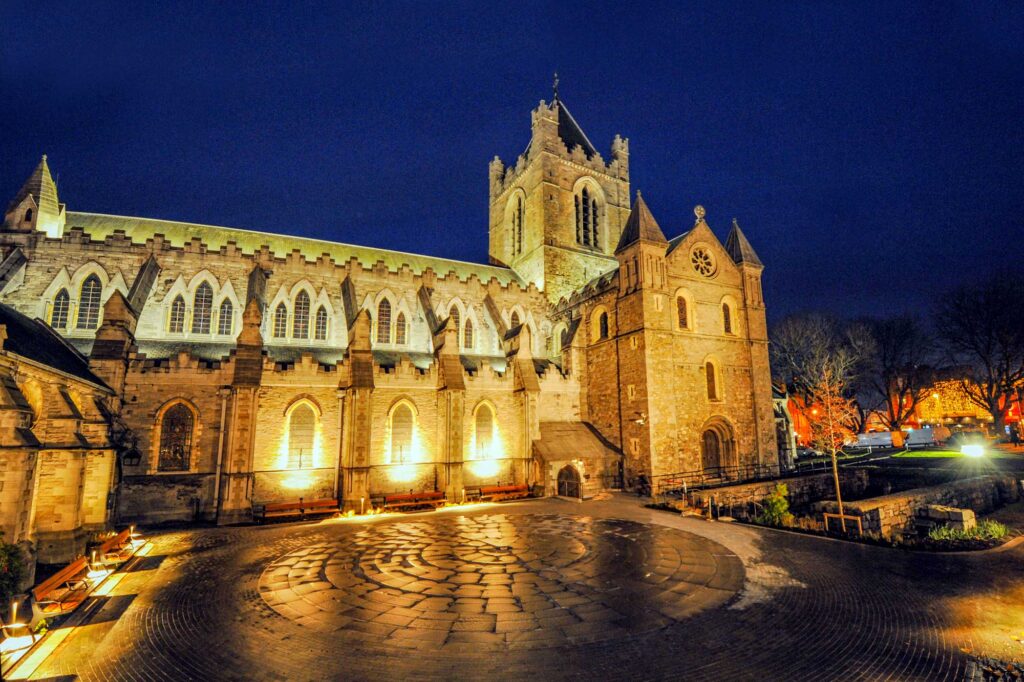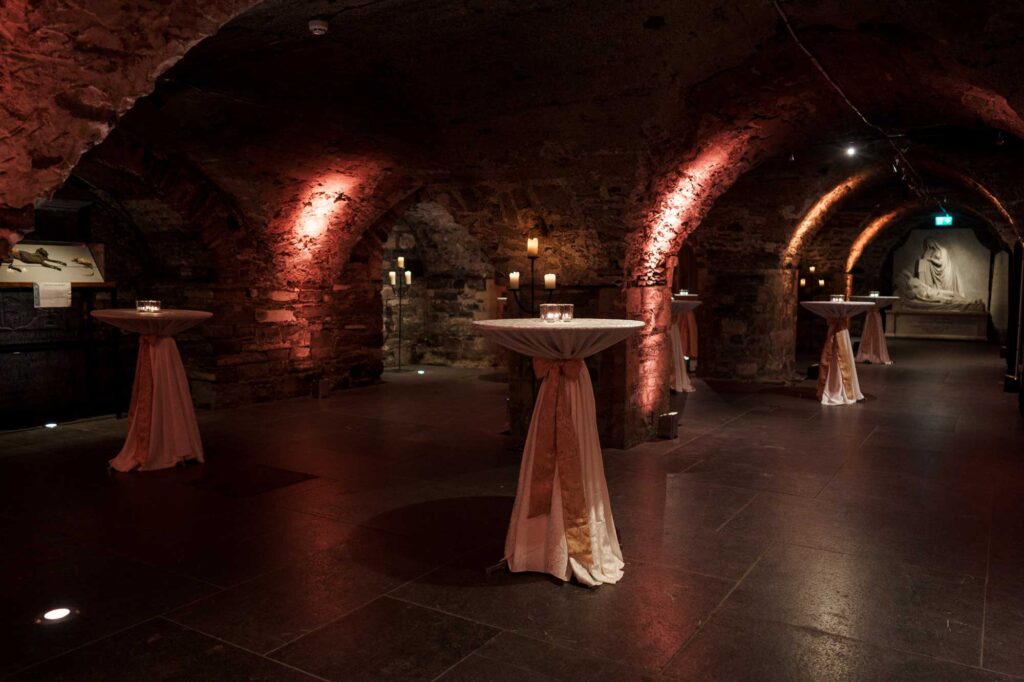Mk 8.34: ‘If any want to become my followers, let them take up their cross and follow me.’
One of the most famous stories from ancient Greece is that of the Trojan War; only the other day someone caused a stir by describing a recent Greek proposal in terms of a modern Trojan Horse. In the story of the original war against Troy, the Greek goddess Artemis blocked the sailing of the Greek army to Troy because the Greek leader Agamemnon had offended her, and the Greek political adviser said that Artemis had to be appeased by the sacrifice of Agamemnon’s daughter Iphygenia. The Greeks wanted wear, so Agamemnon had to give in to public pressure, and Iphygenia was led out to sacrifice (though the poor girl was told that she was going to her wedding). This story provoked the famous one-liner from the Roman poet Lucretius a century before Christ: ‘Religion could persuade people to so much evil’ – tantum religio potuit suadere malorum. These sonorous words have rung down the centuries, and are echoed by many commentators today. When we observe what is going on in the world around us – when we think of the Old Testament injunction to the Israelites to destroy the Canaanites from the land, or the rampages of the Crusaders in the Middle Ages, or the Thirty years’ War of the Reformation period, or Cromwell’s puritanical commonwealth, or the 20th-century holocaust, or the recent Islamic cries for jihad and the persecution of Christians, critics of religion may surely be forgiven for thinking that religion has a lot to answer for. Much wickedness has certainly been done in the name of religion.
But we need to think a bit about what religion is. In our modern western world we tend to think of it as a system – or many different systems – of personal beliefs about God and the world and our place; we think of someone’s religion as his or her personal choice, as something that can be separated off from politics; so Mrs Thatcher and other politicians could conveniently tell the clergy to mind their own business, and even this last week politicians have criticised the Church of England for suggesting that church people should use their votes whichever way they thought best – but to use them. But religion covers much more than our private relationship with our God, or even our public acts of ritual and worship; it relates clearly to our whole social morality, our humanity, and not just within the nation but between the nations. Our whole society in Ireland, our laws, our morality, our sense of being a nation are wholly suffused by our Christian inheritance, whether Catholic or Protestant; for example, our views of sexual morality and marriage law and the rearing of children have been created and moulded by our wider religious inheritance and historical formation. Religion and politics are deeply intertwined; they cannot be separated out, whether in Ireland or Britain or America – in spite of the American constitutional attempt to keep them separate – or Greece or Turkey or modern secular Israel or anywhere. You can push out nature with a fork, said the poet Horace, but it will keep coming back; he might have said just the same about religion. Nature and religion are inseparable.
Our religious views are attempts to understand the world, to make sense of evil, to meet the problem of suffering, to cope with our sense of guilt, to present an understanding of the good, to express or even justify our deep-seated hopes and fears, to provide links which hold human society together – the very word ‘religion’ means at its root linkage, or binding together – , and because we can all hold strong views on such matters, some conflict, even if only intellectual, academic conflict, is inevitable. We can disagree on our religious views. But such disagreements do not necessarily lead to violence; the violence comes not from the subtleties of varying beliefs so much as from situations in which we feel that our personal pride or our possessions are threatened. Most wars – including the present wars classified as ‘jihad’ (the word means ‘struggle’) – are basically to do with an attempts to seize further land to feed a growing population or to include more people to increase tax revenue, or with attempts to right some perceived injustice. Almost all so-called religious wars have strong economic or nationalistic elements behind them. The Crusades were not simply about zeal for the Christian holiness of Jerusalem, and IS today is not simply a crusade for Allah, though Christians drew inspiration from a vision of Jerusalem, and Jihadists draw inspiration from Allah and his prophet. In our present world the massive inequalities and unfair distribution of power have much to do with the violence that is too easily ascribed to religion; much evil is done, it is true, in the name of religion.
Religion, it must be admitted, whether we are speaking of Judaism, Christianity, Islam, Buddhism, Hinduism, or any other religion, has caused many problems and contributed to violence. One of the root causes of this must be over-simplicity in belief. If you see God simply as a warrior leading your own tribe or people to victory over another people, for example, and glorify a God who will drive out other nations to give you the land you covet, then violence becomes inevitable. Religious simplicity and nationalism are a dangerous mix. If you take a fundamentalist, literalistic view of the scriptures and apply writings deriving from a society with a totally pre-scientific view of the nature of the universe to our modern scientific world-view, and if you apply the book of Revelation of St John the Divine to modern politics, you are likely to undermine the credibility of serious religious belief and even to destabilise international political relationships into the bargain. Such approaches cause violence, and damage Christianity. We have to incorporate modern scientific knowledge into our belief in God, and incorporate modern historical criticism into our understanding of Jesus in order to avoid dangerously crude simplification of our beliefs. Religious ignorance, religious simplicity, can too easily breed violence.
In the end, when we think of religion and violence, it is essential that we remember the vital contribution religion – and especially Christianity – has made to human society in this world. It is Christianity which has done so much to counter disease, poverty, inhumanity, slavery, apartheid, the horrors of war, and to provide for the needs of the weak and underprivileged and unloved in this world. The founder of Christianity urged us to serve others rather than be served, to love God and love our neighbours as ourselves, to forgive others their debts even as we are forgiven, and if we want to be his followers, to take up our cross and follow him. That is not an invitation to violence; it is an invitation to accept that violence will come to us, as it came to him, and to transform it. We are not here to cause evil in the world, but to transform evil and bring redemption to humanity.
John Bartlett – 1st March 2015

